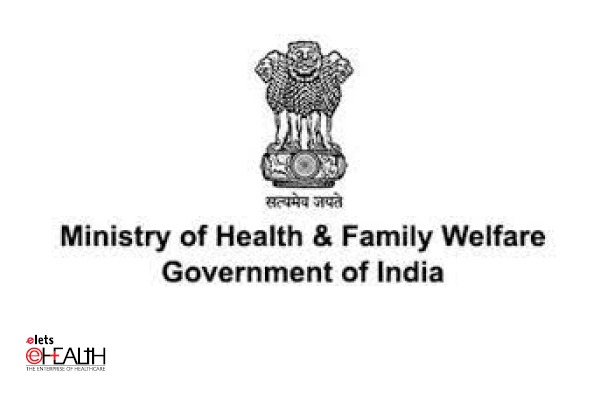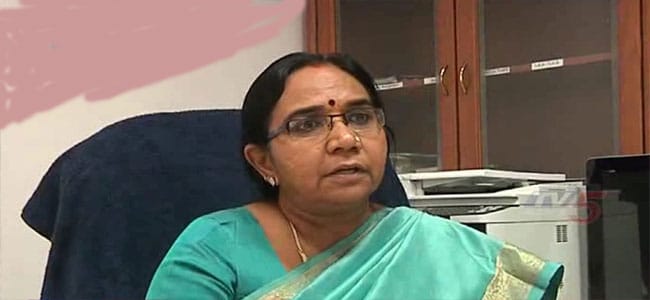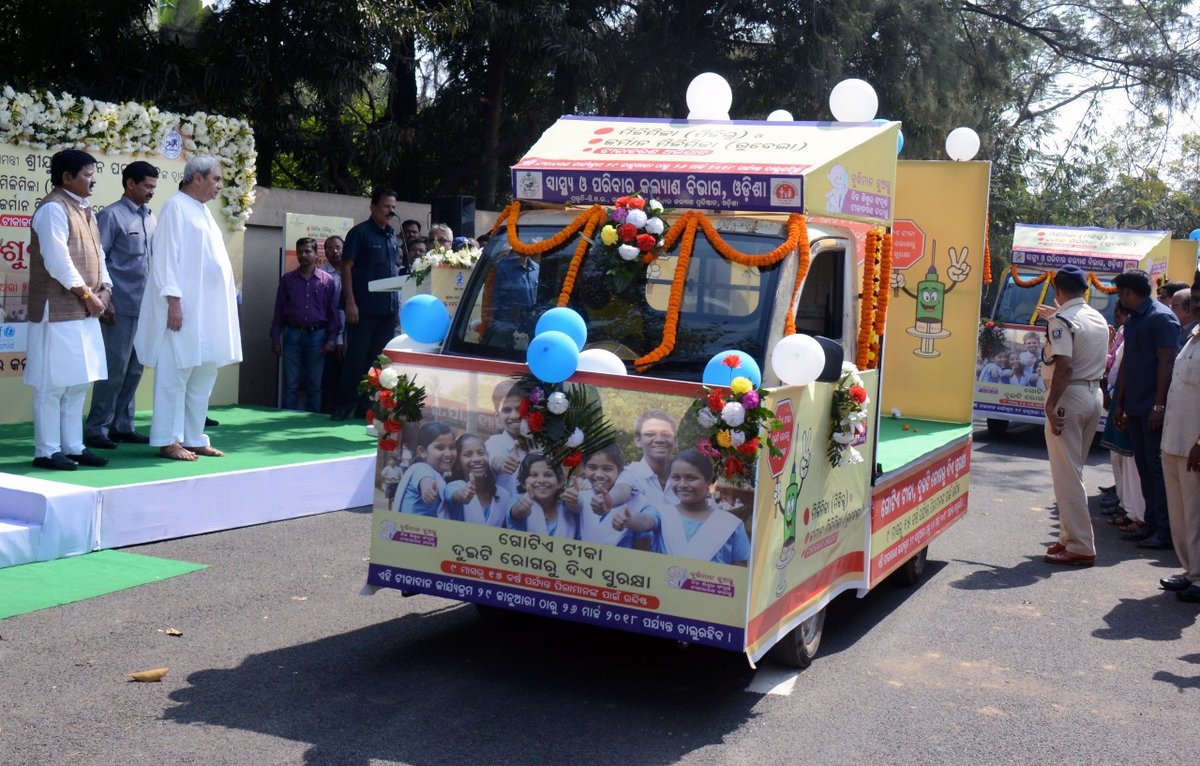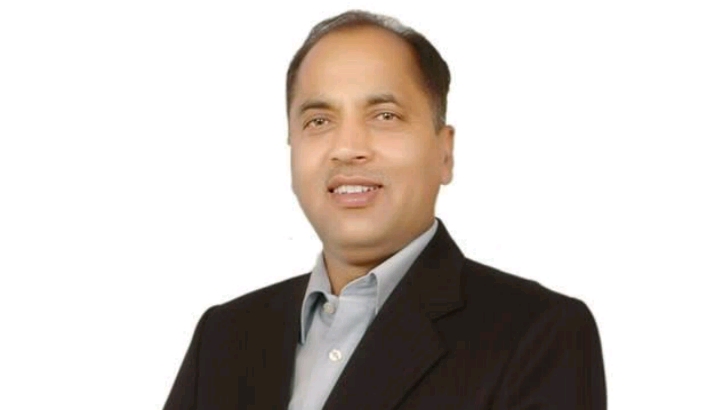
 Health activists are up in arms against the Planning Commission for its proposal in the 12th Five Year Plan documents that seeks to restructure the countrys health care system in a way that would effectively hand over health care to the corporate sector.
Health activists are up in arms against the Planning Commission for its proposal in the 12th Five Year Plan documents that seeks to restructure the countrys health care system in a way that would effectively hand over health care to the corporate sector.
It is particularly problematic that the Plan document to be adopted by the panel by the end of this month, invokes the concept of Universal Health Care, while it actually proposes a strategy that is far removed from the basic tenets of universal health care, Jan Swasthya Abhiyan, a conglomerate of rights-based health activists said here on Wednesday. The activists claimed that the Universal Health Coverage report had been distorted and misinterpreted by the Planning Commission.

Taking a serious note of the issue, Srinath Reddy, chairman of the now disbanded High Level Expert Group (HLEG), set up by the Planning Commission to draw a roadmap for universal health coverage for the country has convened a meeting of the HLEG on Thursday to respond to the proposals.
At a press conference, the Jan Swasthya Abhiyan activists claimed that the Plan document recommends increase in public expenditure on health from the present one per cent to 1.58 per cent which is in sharp contrast to the HLEG recommendations of increasing the expenditure by at least 2.5 per cent of the gross domestic product. Secondly, it proposes that the Centres share in the additional health expenditure would be less than half of what the States would contribute.
What is of greater concern is the strategy proposed for re-structuring of the countrys health system in the document that proposes a transition from the present system which is a mix of public sector service provision plus insurance, to a system of health care delivered by a managed network. There, is thus, a road map envisaged where the government would abandon its central role of providing health care and become primarily just a manager of the new system, Amit Sengupta of Jan Swasthya Abhiyan said.

He pointed out that the documents vision of universal provision of public health care through preventive interventions which the government would be both funding and universally providing (like vaccination, neo-natal care and other non-profit services) and clinical services at different levels, defined in an essential health package, which the government would finance but not necessarily directly provide.
This would mean that the government would over time confine itself to providing a small package services and would be primarily just a purchaser of virtually all clinical services from the corporatised private sector. The government would, thus, finance (with public money), strengthen and bolster an already resurgent corporate sector providing medical services, Jashodhara Dasgupta of Sahyog and member of HLEG said adding that it would also decisively halt and eventually reverse the moderate achievements of the National Rural Health Mission in expanding public health infrastructure and services.
Also, the public health system will now be asked to compete with the private sector to attract patients. A system is envisaged where each citizen family would be entitled to an essential health package in the network of their choice. Besides, public facility networks organised, private and NGO providers would also be empanelled to give a choice to the families by strengthening the Rashtriya Swasthya Bima Yojana. Whereas, the HLEG in its report had recommended against any kind of insurance as these often resulted in inferior health outcomes and high health care cost inflation.
Reacting to the draft Plan documents, Dr Reddy told The Hindu that the public sector should remain as the main provider of universal health coverage and it is necessary to strengthen the public health infrastructure from the sub-centre to district level. The private health care providers may be contracted in to supplement the services if needed through a well defined regulatory process, he added.
Be a part of Elets Collaborative Initiatives. Join Us for Upcoming Events and explore business opportunities. Like us on Facebook , connect with us on LinkedIn and follow us on Twitter , Instagram.











